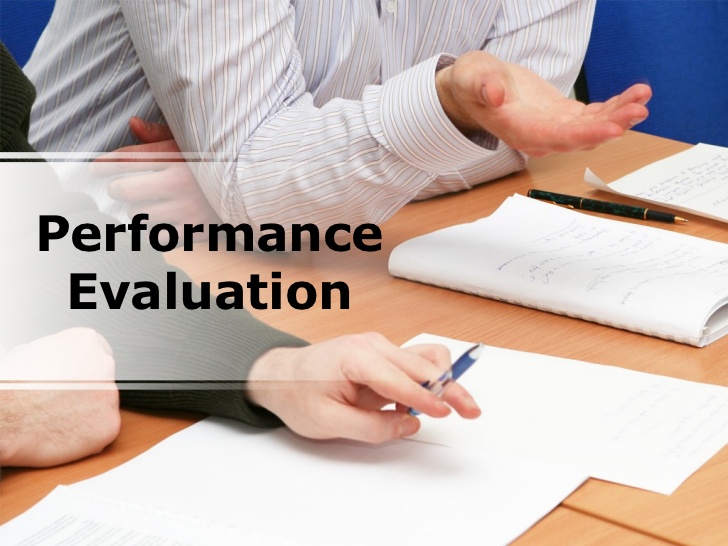In lots of conversations we are having with clients and prospective clients, we’re being asked about innovation in appraisals and “what’s new in performance management?”
We thought it was useful to share our insights into this enduring ‘hot topic’, and to offer advice on what organisations can do to improve their own performance management approach.
So, what’s new in performance management?
When you boil it down, actually, not very much. We certainly aren’t seeing anything ground-breaking approaches in this area. But there’s no doubt that how best and when to manage employee performance is a topic that continues to garner lots of interest. Let’s think about what we’ve seen over the past decade, what has driven such changes and where we are now…
A few years back, we began hearing about some then-radical shifts in how organisations were thinking about performance management. There were some nuances but essentially this amounted to them moving away from a once-a-year, traditional approach to managing performance, removing the rigidity of the process, and going towards a more dynamic or ‘always on’ approach. At the forefront of this, tech industry leaders such as Apple, Google and Netflix were championing this movement and, let’s be honest, it sounded pretty exciting!
Other organisations were keen to follow these early adopters, but it’s not quite as straightforward as just switching approach overnight. What this overlooks is the investment needed to put in place the right culture, tools, systems and people skills to enable this kind of change. Naturally, this is quite a challenge and there has to be a more gradual transition.
Foundations of high performance
We have seen first-hand that high performance is most likely to be driven where there’s a culture of trust and comfort with timely, open feedback. So, arguably this is where organisations should be focusing first as a foundational step. That’s not to say this is easy to achieve – nothing good ever is! We have to ensure that we’re organisationally ready for such a change, that our people have the skills, support and frameworks to operate within a model of performance management which relies on regular, meaningful conversations and check-ins. We know that lots of employees and leaders can find these kind of conversations tricky. Manager readiness is key, and our focus must be to support them with feedback skills, emotional intelligence, coaching and having difficult conversations. All are prerequisites for success here.
So the question mentioned up front around “what’s new in performance management?”is potentially the wrong one to be asking. Perhaps a better question is “what approach is best for our business right nowand how can we create a culture of high trust and high performance in the future?”
Hold up the mirror
To help you get to that answer, a great starting point is to turn the mirror on yourselves and to ask the following five questions:
- What are we trying to achieve through this change – what outcome/s?
- What’s missing currently and/or what problem are we trying to solve?
- What support do our people need, or what do we need to add to our cultural aspirations to implement this change successfully?
- What does a good performance ‘check-in’ actually look like?
- Do we need a system to support this new approach, e.g. one which allows people to log feedback for each other regularly, or one that automatically prompts to individuals re check-ins?
Value in traditional appraisal approaches
Now, I think we all recognise that traditional approaches to performance management and appraisals have their flaws. Indeed, our own benchmark data suggests XX% of employees don't feel their appraisals offer them any value. However, let’s not necessarily throw out the baby with the bath water… Traditional appraisals do still have their place in terms of providing a structure and rhythm for employees. Lots of organisations still adopt such an approach and it works for them and their employees. But what it doesn’t do and will never do, is encourage the development of a culture of trust or open feedback. And there’s no doubt that fostering a culture where people feel comfortable to give and receive feedback on the fly is a key component of organisations that push performance to its upper limits.
There is opportunity here no doubt, but we mustn’t try to rush or force it chasing the latest innovation or fad. After all, if it’s worth doing it’s worth doing right.
Latest posts by Deborah Kuness (see all)
- Why You Don’t Need To Innovate To Improve Performance - May 29, 2019













